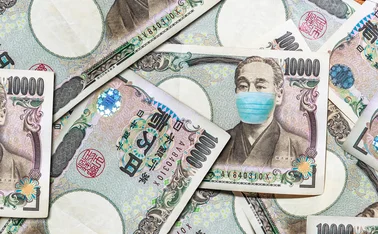
Cuts in oil output may imperil Norway’s financial sector – Norges Bank
Central bank warns prospect of environmental policies may be weakening the krone

A reduction in oil production may imperil Norway’s financial sector, warns Norges Bank’s annual financial stability report, published on November 5.
In addition, on November 4, governor Øystein Olsen said changed public opinion and the prospect of harsher environmental regulations may be contributing to the krone’s depreciation. The currency is trading at its lowest level on record against the US dollar.
“For Norwegian banks and financial markets, transition risks, particularly related to the
Only users who have a paid subscription or are part of a corporate subscription are able to print or copy content.
To access these options, along with all other subscription benefits, please contact info@centralbanking.com or view our subscription options here: www.centralbanking.com/subscriptions
You are currently unable to print this content. Please contact info@centralbanking.com to find out more.
You are currently unable to copy this content. Please contact info@centralbanking.com to find out more.
Copyright Infopro Digital Limited. All rights reserved.
As outlined in our terms and conditions, https://www.infopro-digital.com/terms-and-conditions/subscriptions/ (point 2.4), printing is limited to a single copy.
If you would like to purchase additional rights please email info@centralbanking.com
Copyright Infopro Digital Limited. All rights reserved.
You may share this content using our article tools. As outlined in our terms and conditions, https://www.infopro-digital.com/terms-and-conditions/subscriptions/ (clause 2.4), an Authorised User may only make one copy of the materials for their own personal use. You must also comply with the restrictions in clause 2.5.
If you would like to purchase additional rights please email info@centralbanking.com







